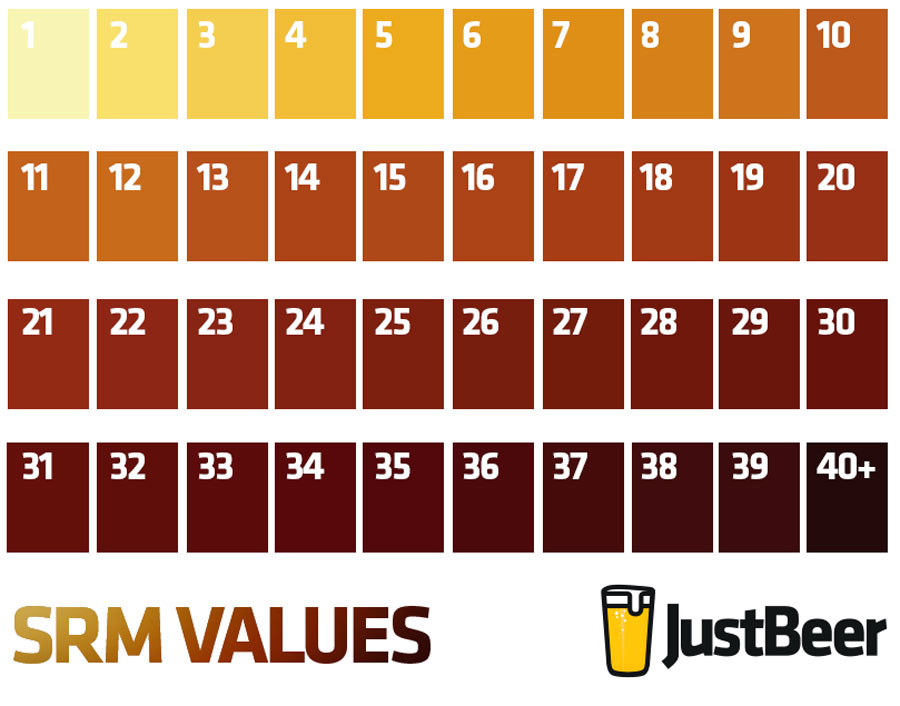I have a RIMS rocket and the blichmann power tower PID with it and I've used it a few times. I don't believe I'm getting scorching, the pump is moving at a good pace, the element isn't blackened when I take it apart, but I see the wort visibly darken. Last batch was pale ale, wheat, and a half pound of munich and it was dark like I had half a pound of crystal 40 in it by the end of the mash. Running the 120v version.
Any tips or is this the way it is?
Any tips or is this the way it is?




